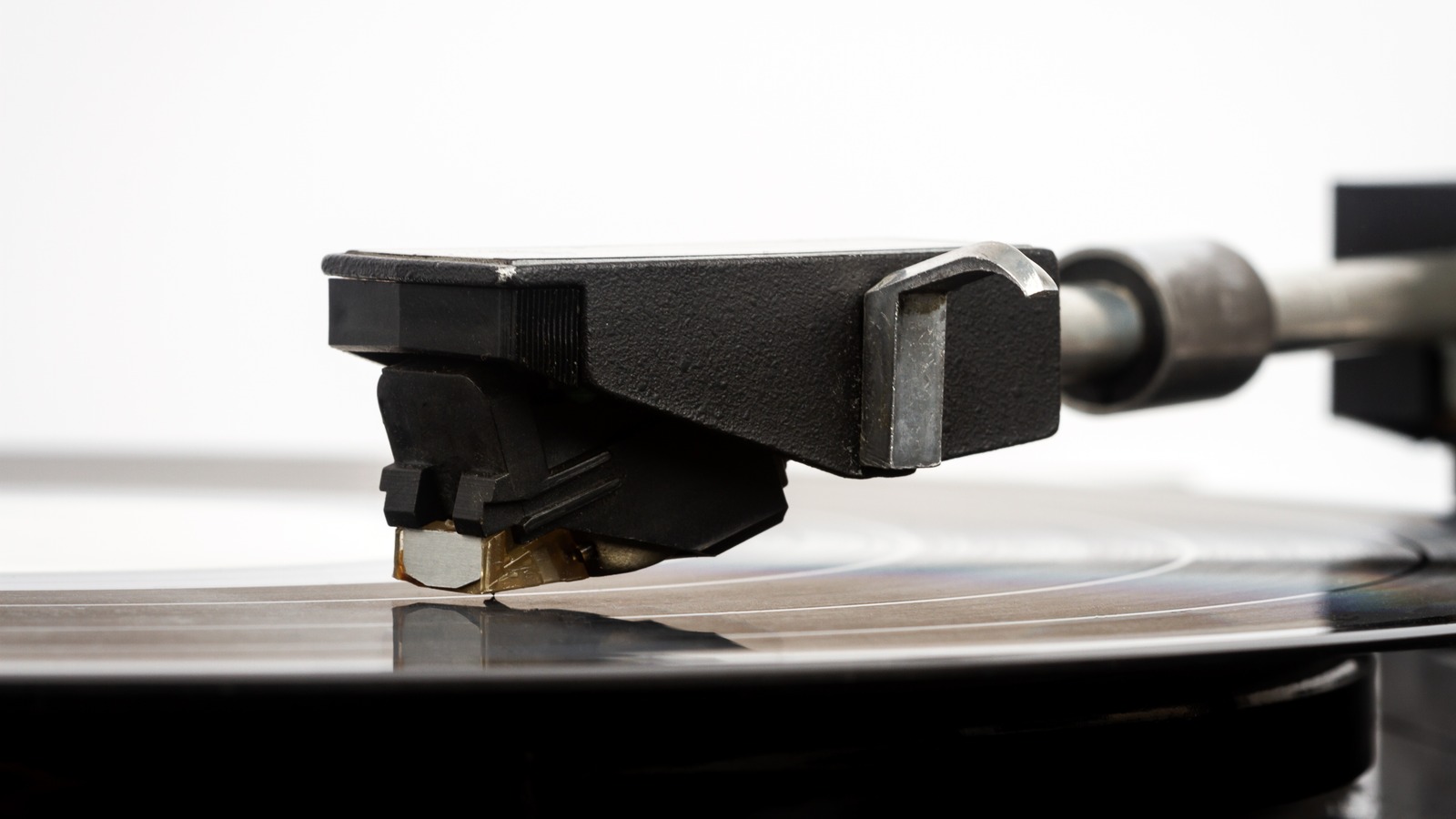Is this not yet another case where the measurable performance potential of a system is confused with the actual auditory result?
In other words, the article inspires yet another intellectual excercise where some people say, digital must be better because it can outperform analogue in certain key parametres and is therefore less distorted than analogue, while other people respond by saying "analogue sound more natural, real..." etc
In the latter case, people refer to playback whereas in the former they refer to theoretical potential. Like a Ferrari stuck in traffic; it's potential is 0-100 in 3.3 sec, but right now it's moving at 30km/hr -- just like the (analogue) Fiat next to it.
I.e.what good is the higher dynamics resolution potential of digital if the file it is processing contains a mind-blowing 6 dB dynamic range? Any 50 year old, battery-powered, portable Philips record player can resolve that - no problem! Or even the rare 16 dB range? Peanuts to both digital and analogue systems alike (and, btw, don't some Allaerts cartridges have +50 dB resolution potential - I could be wrong).
I think it would be interesting to research why many people spontaneously appreciate the sound of analogue playback.
Because if precision were the yardstick,
any digital playback would be perceived superior to every analogue playback. Regardless of whether the actual recording is digital or analogue...
Maybe the problem is in the medium we are playng, i.e. the recording and/ or the mastering as someone said before (
@bonzo75 I think)








